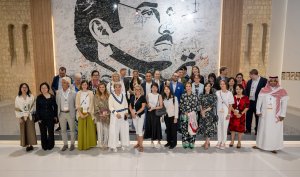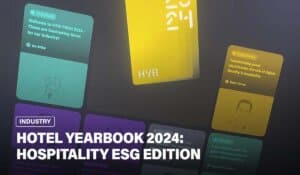Phil Race talks… ‘Musing backwards and forward’
Article is taken with permission from phil-race.co.uk
Like most over-70s, I’m currently in lockdown at home in Newcastle, but still thinking – and worrying of course – about the future of higher education as we’ve known it for a long time.
Looking backwards, among my first books were two editions of ‘The Open Learning Handbook’, dated 1989 and 1994, both now extinct of course (photos attached to remind older readers of what they looked like!). By 1994, the addition of the words ‘flexible learning’ and ‘quality’ showed the changes in my thinking. These works were based on a series of short booklets I wrote for CICED in Scotland in the 1980s, and my then experience of being an open learning tutor and writer alongside my normal job, all following the excellent development work of the market leaders in open learning – the Open University in the UK.

The Open Learning Handbook (Left – 1989 / Right – 1994) by Phil Race
Little could I have then imagined that the ‘normal’ world of lectures and tutorials could quite suddenly disappear with Covid19. Over the last 30 years, remote learning has of course developed remarkably, not least with the development of online resources and processes – indeed I think that most learning back in 2019 relied significantly on computers, screens, email, texting, and a plethora of different ways of communication now in use between learners and tutors alike.
Now, I am watching with great interest the creative use being made of all the modern ways of communicating information, replacing formal lectures and tutorials and face-to-face meetings, so that learning continues to be possible. I am wondering whether things can ever return to the pre-Covid19 state, and increasingly thinking that things will now remain rather different. Of course, the changes go far beyond learning and teaching, with normal life including restaurants, pubs, theatres, hotels, festivals, concert halls, cinemas and so on currently withdrawn across much of the world, let alone in the higher education bubble.
A brief interview with Phil Race at EuroCHRIE Amsterdam 2010
Over the years, I have become increasingly interested in ‘measuring’ learning, and the role of feedback dialogues in learning. The traditional methodologies of assessment centred on exams, essays, and written evidence of learning seem very remote from the world we are now addressing. Earlier this year, Kay Sambell and my wife Sally Brown put forward some thinking of how assessment may need to change, and two widely-downloaded accounts of their thinking can be found on Sally’s website:
- Coronavirus contingency suggestions for replacing on-site exams
- Assessment alternatives at a time of University closures
It seems the ‘open learning’ of the 20th century is now metamorphosing into online learning for the 21st century, and assessment – as always – is perhaps the most difficult and important area that needs to be focused upon. I would like to think that the next year or two will see some of the most important advances in learning (and indeed in teaching) that will mark out the future of higher education, alongside many other changes in the balance of how the world around us will function.
The basic principles remain the same:
- Keep learners at the centre of the picture of higher education;
- Help them to be aware of how well they are doing, and how to go about addressing any shortcomings;
- Make sure that humanity is still there supporting all the information and data they learn with.


















I don’t think the title of your article matches the content lol. Just kidding, mainly because I had some doubts after reading the article.